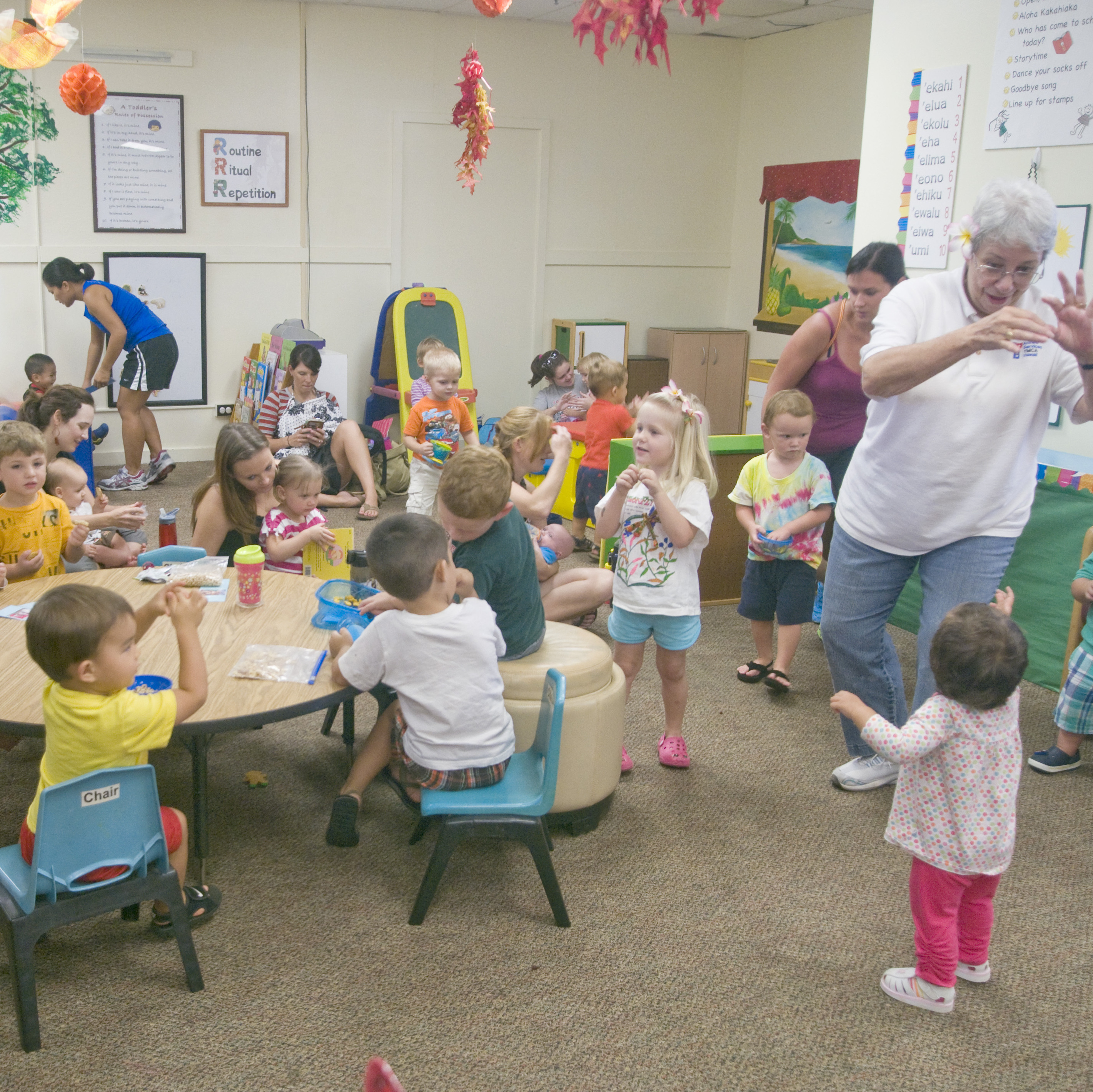The Myth of Multitasking: One Thing at a Time
I have a bad habit of multitasking. I watch TV while I study, listen to music while I study, and hang out with friends while I study. Doing two things at once makes me feel as if I’m making better use of my time. But, interestingly, researchers have discovered that humans can’t actually multitask. What we call multitasking is really just quickly switching [...]








